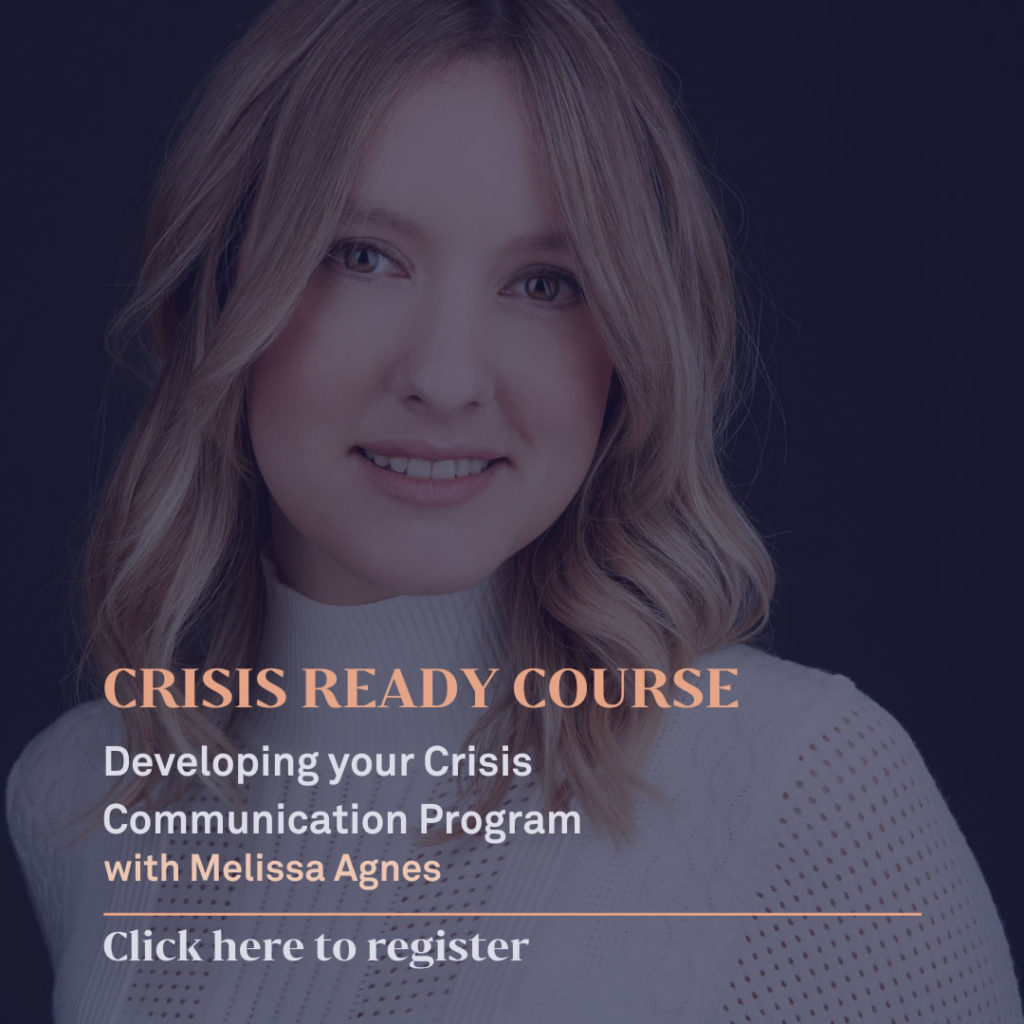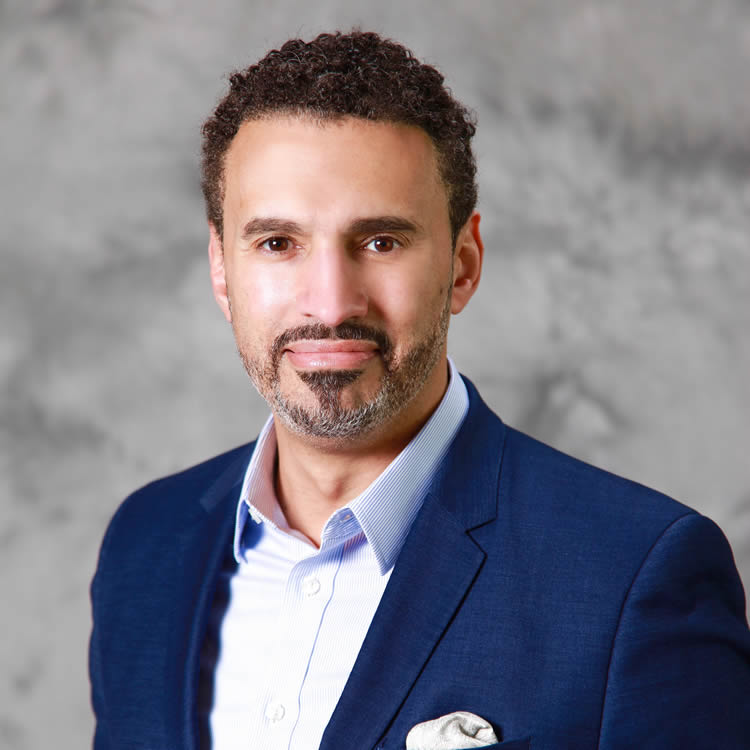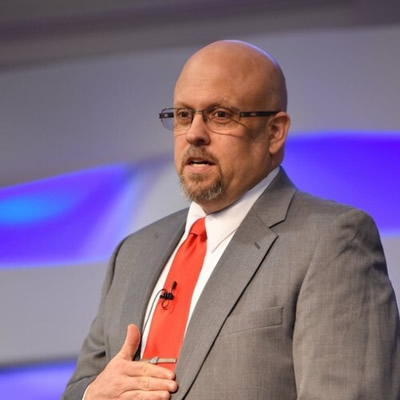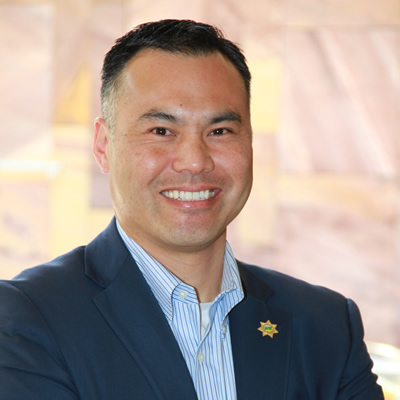The previous post by Erik Anez, How To Calculate Critical Risks Within Your Organization, demonstrates the role that science, technology, engineering, and mathematics (STEM) skills and understanding play in developing crisis management skills and being an effective Crisis Manager. Those hard skills help answer the “why” questions that justify preparedness, response, and recovery decisions within the context of crises.
STEM can start to flesh out the “how” as well.
There are a growing number of training and education programs out there for individuals interested in learning more about Crisis Management. Most of those offerings will have STEM components of one type or another. Those programs also introduce softer skills such as communications and critical thinking to round out their offerings. Personally, I think that those soft skills play as much of a role in determining the success of a Crisis Manager as understanding math and systems engineering.
The soft skills that make for a great Crisis Manager
There are a core set of personality traits and soft skills that are essential for being successful in crisis management. These traits are present in all of us to one extent or another, but they can and should be enhanced through conscious effort and practice.
Let’s take a look at this soft skills and why they’re so essential for Crisis Ready® success.
Soft Skill 1: Humility
Humility is the core trait necessary for success as a Crisis Manager. It grounds an individual’s understanding of their capabilities, capacity, and the limitations of their knowledge and skills. It reminds us that we do not know or understanding everything—that there may be better answers to a question or better solutions to a situation. Answers and solutions that may even be found with or by someone far younger or less experienced.
On a personal level, holding yourself to a standard of absolute perfection is more common than it should be in our chosen field. “They only have to get it right once to win. We have to get it right 100% of the time,” is a common catchphrase in incident and crisis management. That attitude is a guaranteed path to pain and loss.
A good Crisis Manager recognizes that perfection is not obtainable and that we can, and will, make mistakes. This is especially true as Crisis Management is mostly a high-stress, high-speed discipline. It is a rare day that we get to operate in a routine task environment, responding to a different constellation of threat, response, and recovery every time. Adding irregular working schedules and the requirement to maintain day-to-day activities and managing the crisis further compounds the risk of error.
Remembering that we are limited by our education and training
Professionally, we must recognize that however specialized the Crisis Management role is within our organizations, Crisis Managers are extremely limited by our education and training. Crisis Management, as an area of academic study, is still in its early childhood, if not infancy. Training programs are frequently vocational in nature, supplementing other more formal training and education with the expectation that additional learning will continue in the field. The biggest drawback of this type of piecemeal education is a lack of understanding of the real complexities of crisis management, the vast number of interdependencies that exist in modern society, and respective strategies for managing disruptions to those systems. Significant gaps may be present in a Crisis Manager’s knowledge and understanding if they only experience a specific type or expression of those disruptions.
Humility is a beneficial trait when we assume our role as Crisis Managers within a broader organizational framework. Crisis Managers frequently operate under very irregular circumstances, sometimes as “other duties as assigned” or with ad-hoc teams based on available resources at the moment. We often find ourselves with limited support for extended periods while leadership and the rest of our organizations deal with what they believe to be more critical issues.
Other roles within our organizations have their own specialized knowledge, different resources and plans, and an entirely different set of priorities. It is essential to keep these different backgrounds and priorities in mind when interacting with other professionals. There is a critical role for Crisis Managers to play in protecting an organization and supporting both business and operational continuity. We must be careful to recognize the limits of our experiences and knowledge. With humility, we can isolate our ego from the equation and focus on the organization.
Soft Skill 2: Courage
Intellectual courage is based upon a willingness to challenge any idea, especially those which are strongly supported or rejected. No concept should be beyond questioning. Every idea or assumption should be challenged to ensure that it stands up to scrutiny. Having the courage to challenge deep-seated ideas allows us to continually grow and evolve the discipline of Crisis Management. That evolution ensures that only concepts determined to be constructive, effective, and applicable to the current environment remain in the Crisis Management mindset.
In day-to-day operations, Crisis Managers must be willing to assess whether their efforts are beneficial, unnecessary, or possibly harmful to the organization. They should also have the courage to ask a question of other Crisis Managers, to confirm the course of action to be followed or to better understand a concept or idea. This courage allows a multi-faceted approach toward crisis management.
Soft Skill 3: Empathy
Empathy is the ability to understand another’s thoughts, perspective, or situation. This is accomplished by seeing things from their perspective. Empathy is a vital component of crisis management, allowing the Crisis Manager to take in other viewpoints and understand different perspectives. This is key in seeking to understand another’s idea or trying to persuade them of the value of your own.
An effective Crisis Manager remembers that there were times in the past when they held points of view that turned out to be incorrect, but stubbornly held on to those beliefs because they were more familiar or comfortable. Sometimes changing your own mind can be more challenging than changing another’s. That process can take time while requiring a significant amount of patience and empathy.
Practically, we should extend this empathy to our internal customers, fellow Crisis Managers, and other professionals. It is essential to see each crisis as unique and worthy of an individual approach. However standardized a crisis management plan might be, situations where they are activated are often chaotic and disturbing for those directly affected by the disruption. A good Crisis Manager recognizes that and can adjust their approach within a planning framework based on their understanding of those points of view.
Crisis management professionals are often judged harshly and second-guessed for making rapid decisions. Those judgments are frequently made without an understanding of their background or the specific situation that was being faced. It is easy to judge when far removed from a problem, especially when possessing more knowledge or experience. Those judgments are especially unfair when the final outcome is known.
Empathizing with our fellow Crisis Managers (and maybe applying some humility) allows us to better assess how we might have handled the same situation at a similar time in our career. This is crucial when engaging with younger, less experienced Crisis Managers, who have not had the same opportunities to develop experience or expertise that we have had. Empathizing with peers and colleagues allows us to be more supportive, congratulating them on their successes and supporting them through their challenges.
Soft Skill 4: Autonomy
In the context of Crisis Management, autonomy entails the ability to freely ask questions, adjust perceptions, and challenge beliefs when met with new evidence or points of view. A Crisis Manager must be able to explore their thoughts and ideas to better understand them and synthesize new knowledge, understanding, and wisdom.
To do so, there must be an environment where open, non-judgmental discussions can take place. Questions should be asked respectfully and with the intent to learn, challenging without confronting or judging an individual’s actions or choices. In return, answers should be similarly academic, seeking to expand the questioner’s understanding rather than questioning the validity of the question itself.
Soft Skill 5: Integrity
Integrity in Crisis Management means that we consistently test our current views with the same standards applied to new or competing theories. It is easy to fall into the bias of personal experience and dismiss new ideas. Similarly, individuals can jump to new evidence too quickly without having adequately tested it against current thinking.
Crisis Managers who have used a skill or strategy for an extended period may defend it despite evidence that it is ineffective or the introduction of a new, better approach towards addressing a challenge. Integrity allows a Crisis Manager to assess the effectiveness of each decision made or action taken, especially in the face of questions or challenges.
Soft Skill 6: Perseverance
Crisis Management is not an individual skill acquired overnight. Like any other complex discipline, it must be applied repeatedly and under varying conditions to develop expertise. A good Crisis Manager will persevere through challenging situations and questions to arrive at viable solutions, accepting when the end course of action is different than what they initially expected.
Crisis Management is a series of skills that requires persistence and perseverance. Time and patience are needed to develop a solid foundational understanding and hone the necessary practical and cognitive skills. Perseverance is an important trait for both novice and experienced practitioners to recognize how much time it takes to become proficient and how much effort it takes to maintain that proficiency.
Soft Skill 7: Fairmindedness
Intellectual fairmindedness comes from considering every viewpoint, concept, or idea fairly. It does not mean that all positions or opinions have the same merits, but that they are worth consideration. Crisis Managers need to maintain an open mind when it comes to ideas that we experience. There are always multiple potential courses of action in response to any situation. We cannot identify the best one without fair consideration of each idea. Applying some integrity, we can test each option equally and determine its merits and shortcomings.
Soft Skill 8: Confidence in Reason
This final trait, confidence in reason, may be the most difficult to establish, grow, and maintain. Intellectually, it is the idea that similar conclusions will be reached by multiple people through the application of reason, or that we will change our own minds when faced with a better concept or more substantial evidence. With the right guidance, Crisis Managers will develop their knowledge and approaches toward situations to better their individual career and organizational care.
Practically and professionally, confidence in reason allows us an approach or worldview where things will continue to improve. Daily frustration can be mitigated by remembering that Crisis Management is a young discipline, and a lot of the challenges currently faced can be considered to be growing pains. As the role of a Crisis Manager continues to develop and solidify, those discomforts will resolve as we raise awareness of issues, create beneficial strategies and methodologies, and replace ineffective ones.
In addition to confidence in reason, we must have confidence in our peers, trusting that they are also working to improve their personal and professional skills. We should be willing to share our insights with them and open our minds to the wisdom that they might provide in turn.
Honing and fine-tuning these crisis management soft skills
As I mentioned at the start of this post, these soft skills are all learnable and are our responsibility, as Crisis Managers, to strengthen within ourselves. Doing this, requires the ability and commitment to self-reflect, self-assess (without judgement) and self-improve.
With that in mind, let me leave you with this honest reflection: How many of these soft skills do you currently possess and excel at, and which ones tend to be more challenging points that can use improvement?
Reference:
The Critical Thinking Community. Valuable Intellectual Traits [Internet]. [cited 2020 October 30]. Available from: https://community.criticalthinking.org/libraryforeveryone.php.
Aaron Marks is a Senior Principal with Dynamis, Inc. where he supports clients across the domestic National and Homeland Security communities and international public safety enterprise. He provides operational and subject matter expertise in intelligence analysis and targeting, disaster preparedness, crisis and incident management, and continuity of operations for healthcare related concerns. Aaron has provided in-depth review, assessment, and analysis for technology, policy, and operational programs impacting all levels of government. He is a recognized authority on the application of nontraditional techniques and methodologies to meet the unique requirements of training, evaluation, and analytic games and exercise for the National and Homeland Security communities.
Prior to joining Dynamis, Aaron was the Director of Operations for a commercial ambulance and Emergency Medical Services (EMS) provider in western New York State where he participated in the integration of commercial EMS and medical transportation resources into the local Trauma System. During his 30-year career Aaron has worked in almost every aspect of EMS except fleet services. This includes experience in Hazardous Materials and Tactical Medicine, provision of prehospital care in urban, suburban, rural, and frontier environments, and acting as a team leader for both ground and aeromedical Critical Care Transport Teams.
Aaron is a Master Exercise Practitioner and received a B.A. in Psychology from Texas Tech University in Lubbock, Texas and a master’s degree in Public Administration with a focus in Emergency Management from Jacksonville State University in Jacksonville, Alabama. He is also a Nationally Registered Paramedic and currently practices as an Assistant Chief with the Amissville Volunteer Fire and Rescue Department, Amissville Virginia.










